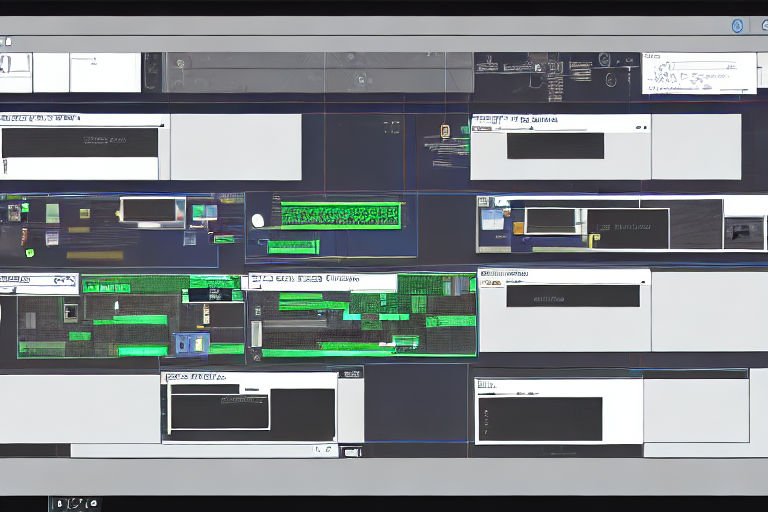Understanding the Basics of Memory Management in C++ System Programming
As a C++ programmer, you should have a good understanding of memory management. Memory management is an essential aspect of system programming. In this post, we will delve into the basics of memory management in C++ system programming.
What is Memory Management?
Memory management refers to the process of allocating and freeing memory in a computer system. In C++, memory management is essential because the language allows you to control the allocation and deallocation of memory manually. In other words, you can decide when to allocate memory and when to free it.
Memory Allocation in C++
In C++, you can allocate memory using the new operator. The new operator returns a pointer to a block of memory that is allocated dynamically. The block of memory can be of any size that you specify during allocation. For example, the following code allocates memory for an array of integers:
int* array = new int[10];The above code allocates memory for an array of 10 integers and returns a pointer to the first element of the array. To free the memory allocated using new, you must use the delete operator. For example, the following code deallocates the memory allocated for the array array:
delete[] array;Memory Deallocation in C++
Memory deallocation is the process of freeing memory that was allocated dynamically using the new operator. Failure to deallocate memory that was allocated dynamically can lead to memory leaks, which can cause your program to consume more memory than it actually needs.
To deallocate memory in C++, you must use the delete operator. When you call the delete operator, the memory that was allocated dynamically is freed, and the pointer to that memory becomes invalid.
It is essential always to deallocate memory that was allocated dynamically to prevent memory leaks. Failure to do so can lead to a shortage of available memory, which can cause your program to crash.
Conclusion
In summary, memory management is an essential aspect of C++ system programming. In C++, you can allocate and deallocate memory using the new and delete operators, respectively. It is essential always to deallocate memory that was allocated dynamically to prevent memory leaks.
By understanding the basics of memory management, you can write more efficient and optimized C++ code that makes the most out of system resources.





